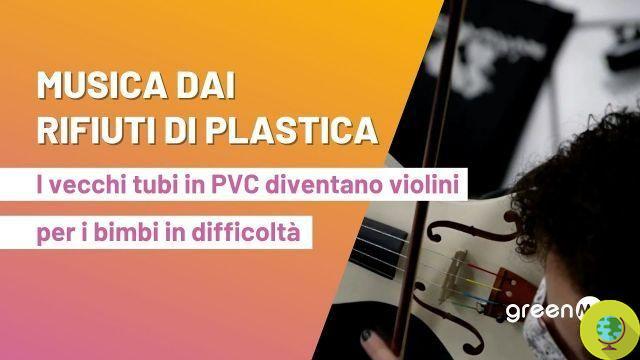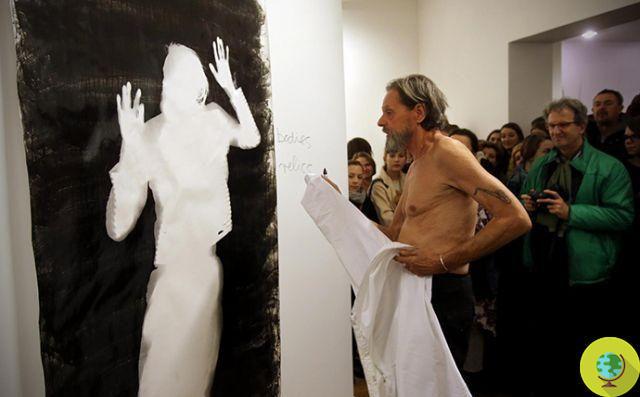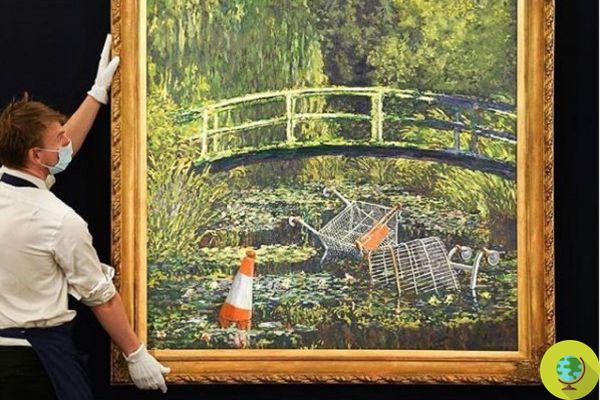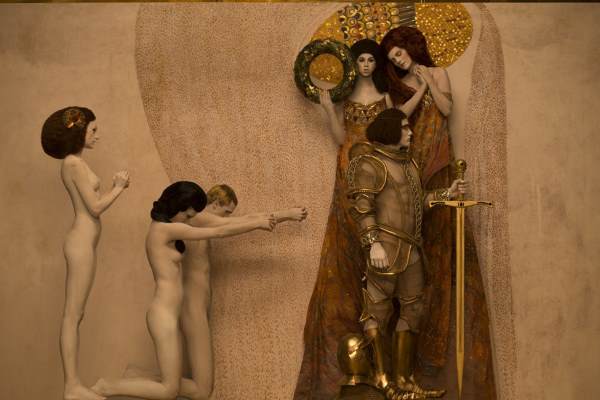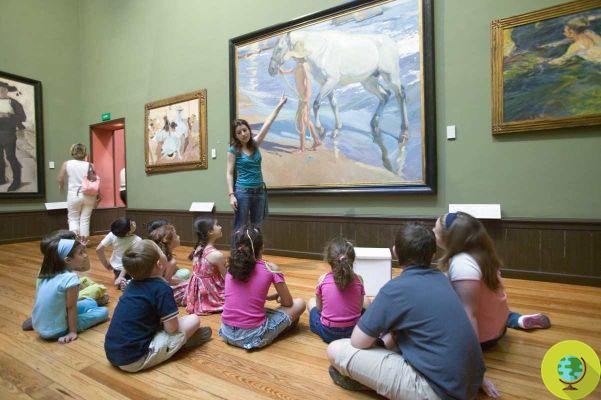
According to a new study, the concept of "cultural capital" matches science up to a certain point (but improving exam results should never be the rationale for a museum visit)
Don't store avocado like this: it's dangerous
For years, the educational institutions of governments of every country in the world have taken into account, in the teaching of young talent, the weight of the so-called "cultural capital" coined by Pierre Bourdieu and how much this social concept was able to widen the gap between more affluent classes and poorer ones. In fact, this idea presupposes that greater economic resources correspond to greater access to cultural activities and consequently a better scholastic performance of the children. It follows that insufficient marks during the year or low in the final examination are due to a lack of cultural stimulus in the family, but science denies this hypothesis.
Cultural capital, which indicates precisely the set of cultural knowledge and values that a family transmits to its children, was the subject of a recent English survey in which researchers from the University of Sussex and the University of Edinburgh have demolished this conception, suggesting that it is not important how many cultural trips are offered to children, but how these can make young people assimilate more knowledge and how the role of the family is relevant in this learning process.
The researchers used statistical data from an Understanding Society survey and compared it to English qualification grades from the England Department of Education's National Pupil Database and the Pupil Level Annual School Census, showing that there is no evidence that substantial social class inequalities correspond to inequalities in cultural capital parents because these do not have an impact on the results of the child's school-leaving examination.
This certainly does not mean that students do not benefit from extracurricular activities, but that if taken alone they do not contribute to a better performance in the classroom. A student who is taken to the museum every Sunday by his family can obtain a diploma with the same grade as someone who cannot afford to go to the museum.
What makes the difference is, in part, the way in which the family participates in the education of their children, involving them in activities such as reading or discussing a chosen topic in which students are culturally stimulated and are encouraged to compare. to any criticisms and to broaden their point of view in a constructive way.
Fonte: British Journal of Sociology of Education
Follow us on Telegram | Instagram | Facebook | TikTok | Youtube
Read also:
- Cultural foster care: we are looking for volunteers to bring children in educational poverty to the museum or the cinema
- The Uffizi Gallery elected the best museum in the world by the prestigious English magazine Time Out
- In this museum there is a kindergarten, where children learn a love of art and creativity







